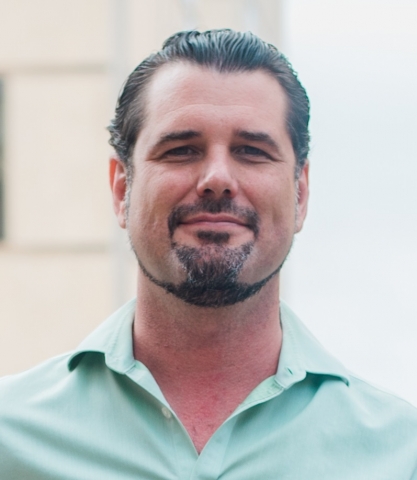
Date:
Location:
Speaker:
ABSTRACT:
Nanometer-scale, colloidally-stable particles suspended in a fluid can be driven to assemble into a wide variety of different structures depending on the control parameters of the system and the nature of the effective interparticle interactions. In many cases, the relevant interactions are tunable via external fields, physical or chemical modification of the particle surfaces, or changes in the composition of the suspending solvent. In this talk, we discuss some of the theoretical challenges associated with the inverse design of interactions for assembly into a targeted structure, the detection of such a transition, and the opportunities that new machine learning based simulation approaches provide for addressing both.
BIO:
Thomas M. Truskett is Department Chair, Les and Sherri Stuewer Endowed Professor, and Bill L. Stanley Leadership Chair in Chemical Engineering at the University of Texas at Austin. He earned a bachelor of science in chemical engineering from the University of Texas at Austin in 1996 and a doctoral degree in chemical engineering from Princeton University. He then pursued post-doctoral research at the University of California, San Francisco, and he joined the faculty of the University of Texas at Austin in 2002. Dr. Truskett’s research group studies how interfaces and confinement impact the behavior of soft matter including molecular fluids, colloidal suspensions, protein solutions, and glassy solids. He is an Alfred P. Sloan Research Fellow, a David and Lucile Packard Foundation Fellow, recipient of the National Science Foundation’s CAREER Award, recipient of the Allan P. Colburn Award and the CoMSEF Impact Award from the American Institute of Chemical Engineers, Fellow of the American Physical Society (APS), Fellow of the American Institute for Medical and Biological Engineers (AIMBE), and Fellow for the American Association for the Advancement of Science (AAAS). In 2014, he received the O’Donnell Award for Engineering from the Texas Academy of Medicine, Engineering, Science, and Technology.



